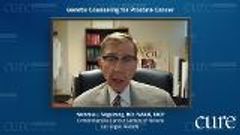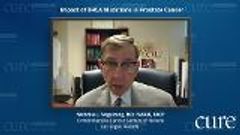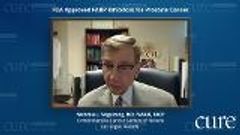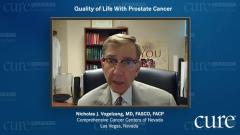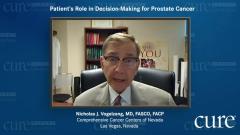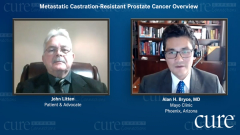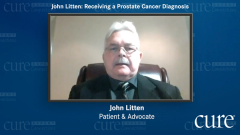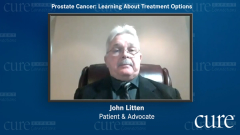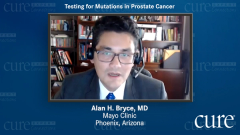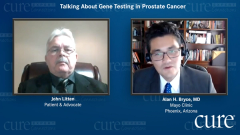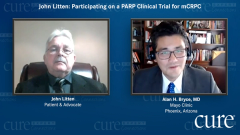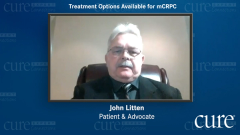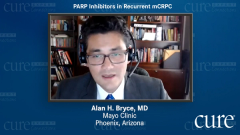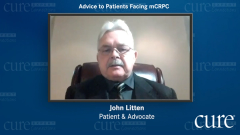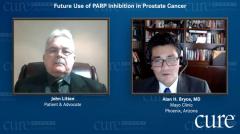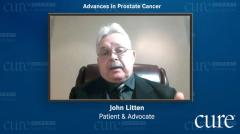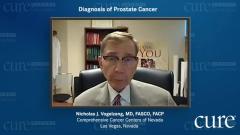
The Future of PARP Inhibitors in Prostate Cancer
Episodes in this series

Transcript:
Nicholas J. Vogelzang, M.D., FASCO, FACP: As part of my work with the Southwest Oncology Group, we are working on the use of PARP [poly ADP ribose polymerase] inhibitors combined with chemotherapy, earlier in patients. We have a tough one that we’re working on, that is patients who have BRCA mutations when the prostate cancer is either localized or may be outside of the prostate. And we’re working on doing a project of giving them a PARP inhibitor or chemotherapy right away and then removing the prostate and seeing how much cancer remains. Hopefully, that will come to fruition.
We’ve been working on this for two years, it’s a challenging study. Heather Cheng, [M.D., Ph.D.] is working on this. She’s up at the University of Washington. There is a variety of other research programs underway, either looking at chemotherapy, with hormone therapy. There is one study looking at it with immune treatment. The patients with BRCA [mutations] tend to have more response to the immune treatments. The immune treatments don’t work very well for the majority of prostate cancer patients, on the order of 10% or less. But if they have a BRCA-type mutation, the immune system combined with a PARP inhibitor may be more effective. That’s a very active area of investigation. No data yet, but it’s being worked on.
What I would remind the patients about is that each one of you has a special journey ahead. And that journey is not predictable, and it can be influenced by the drugs that we have. When we get a highly effective drug you don’t go downstream, you go upstream. If you’re in Tennessee and you get a good drug, it’ll reset your clock so that you’re up in St. Louis.
And your journey lengthens. Don’t be afraid of taking treatments. For heaven’s sake, this is your life, and you want to extend your life, and you want to extend your quality of life. And your quality of life is not necessarily going to be negatively affected by these drugs. We, as doctors, know these are hard on you, and we want to make your life better. But most importantly, we want to make your life longer.
Transcript Edited for Clarity

